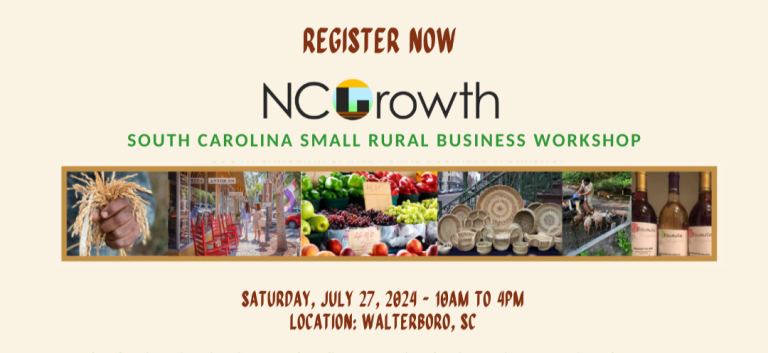
Don't miss this compelling keynote session by Chloe Hakim-Moore, an internationally acclaimed entrepreneur, a Forbes 30 Under 30 honoree, and TEDx speaker, on April 10, 2025, at 4 PM.

The emerging theory-based view depicts entrepreneurs as sophisticated thinkers who form, update, and act on rich causal theories. In support of this view, recent empirical work has demonstrated both (a) the value of theories as well as (b) the importance of experimentation for testing and refining theories. Yet, the process by which entrepreneurs initially form these theories remains largely unobserved.
Companies are turning to ideation contests to engage ideators outside company boundaries to solve their complex problems. Our research focuses on how articulating the problem, specifically the number and type of constraints described within the problem statement (brief), is related to the number of ideas submitted by participants in ideation contests.
The case study "Electronic Financial-Advisor for Tech Savvy" (EFforTS, or Efforts) examines a Robo-Advisor start-up based in Raleigh, North Carolina, founded by tech-industry entrepreneurs. Efforts developed an algorithm-based online investment platform tailored for technology professionals, gaining attention through successful social media marketing.
While the literature highlights the benefits of internally redeploying resources, there is less empirical guidance on which resources are most likely to be redeployed. We examine the relationship between inventor characteristics and redeployment decisions, motivated by the tension between costs and benefits of keeping a resource at the source unit versus moving it to a new target unit.
More than four years since the start of the COVID-19 pandemic, we examine the essential elements that build small-business resilience, emphasizing the importance of personal fortitude and intangible resources in ensuring business survival.
Join NCGrowth for the South Carolina Small Rural Business Workshop in Walterboro, S.C., on Saturday, July 27, from 10 a.m. to 4 p.m. EDT.
Prior literature suggests many benefits stemming from founders’ strong identification with their firms. We suggest, however, that there is also a potential dark side. We argue that founders can become overidentified with their organizations, making them more likely to engage in irresponsible behavior that protects the firm but harms others, as moral and societal norms are viewed as obstacles to fulfilling an organization’s goals.
This study builds on the knowledge spillover theory of entrepreneurship to examine the factors that influence the decision of latent entrepreneurs to move from opportunity recognition to opportunity exploitation and emergent entrepreneurship.

Kenan Institute Distinguished Fellow Kathleen Sutcliffe of Johns Hopkins University discusses adventure racing and how it ties into our 2024 Grand Challenge, Business Resilience.
This paper investigates the causal impact of entrepreneurs' prior experience on startup success. Employing within-country changes in Green Card wait lines to instrument for immigrant first-time entrepreneurs' experience, we uncover that startups led by more experienced founders demonstrate superior funding, patenting, and employee growth.
The tools for crowdsourcing have been a research focus for quite some time. However, even today, crowdsourcing platforms have remained rather technologically rudimentary as simply idea dropboxes and discussion forums. Our research has indicated that technical modifications to current crowdsourcing platforms are needed for crowds to generate more novel and useful solutions.






